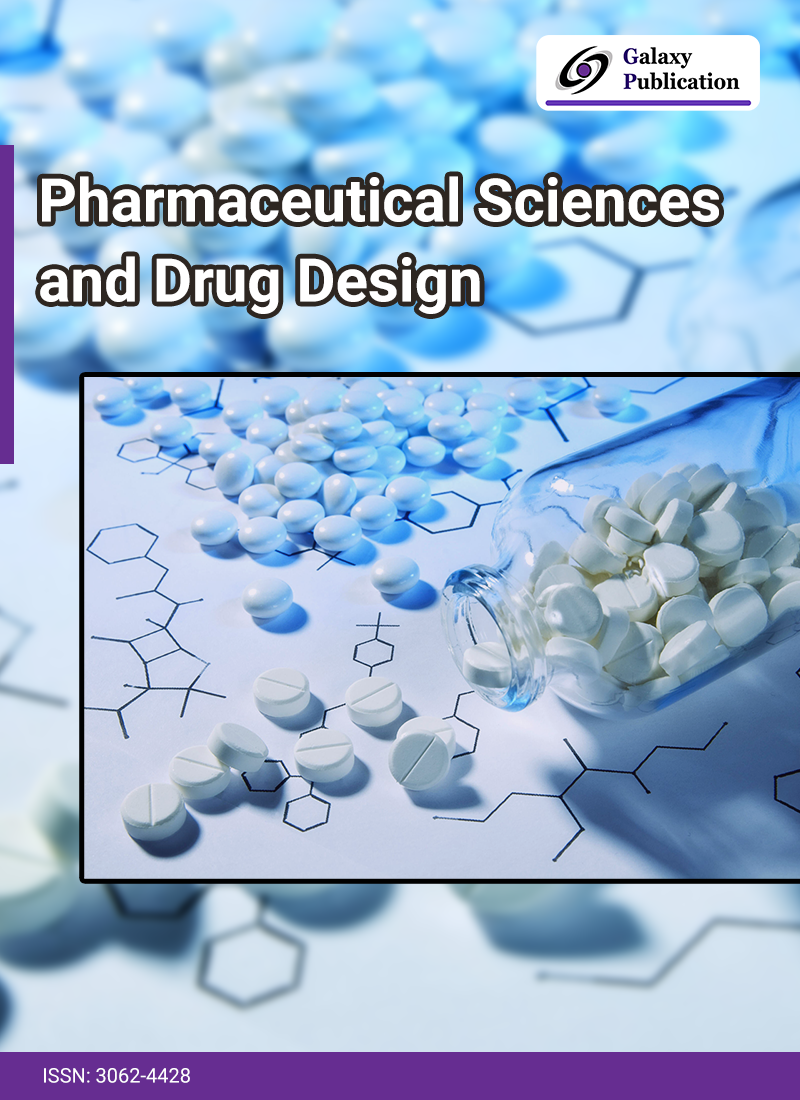
Repurposing existing drugs for new therapeutic applications offers significant advantages over conventional drug development. Since these drugs have already passed safety evaluations, their failure rate is significantly reduced. In addition, leveraging pre-existing clinical data and established manufacturing methods accelerates the development process and reduces costs. While bringing a new drug to market typically requires 10-17 years and $2-3 billion, repurposed drugs can become available in 3-12 years at an estimated cost of $300 million. Colon cancer treatment remains a challenge due to the lengthy and costly nature of traditional drug discovery. This review highlights drug repurposing as a viable alternative to address these obstacles. Various computational and network-driven strategies are examined, including network models (establishing relationships between drugs and diseases); computer-aided techniques (predicting drug-target interactions); machine learning algorithms (identifying hidden patterns in large datasets); and molecular docking simulations (analyzing how drugs bind to specific molecular targets). Aspirin has emerged as a promising candidate for repurposing in the treatment of colon cancer due to its potential to inhibit cancer cell proliferation. Furthermore, this review highlights the growing role of artificial intelligence and network modeling in advancing drug repurposing efforts. By utilizing state-of-the-art computational tools and personalized medicine approaches, repurposing existing drugs offers an efficient and cost-effective strategy for improving colon cancer treatment options.